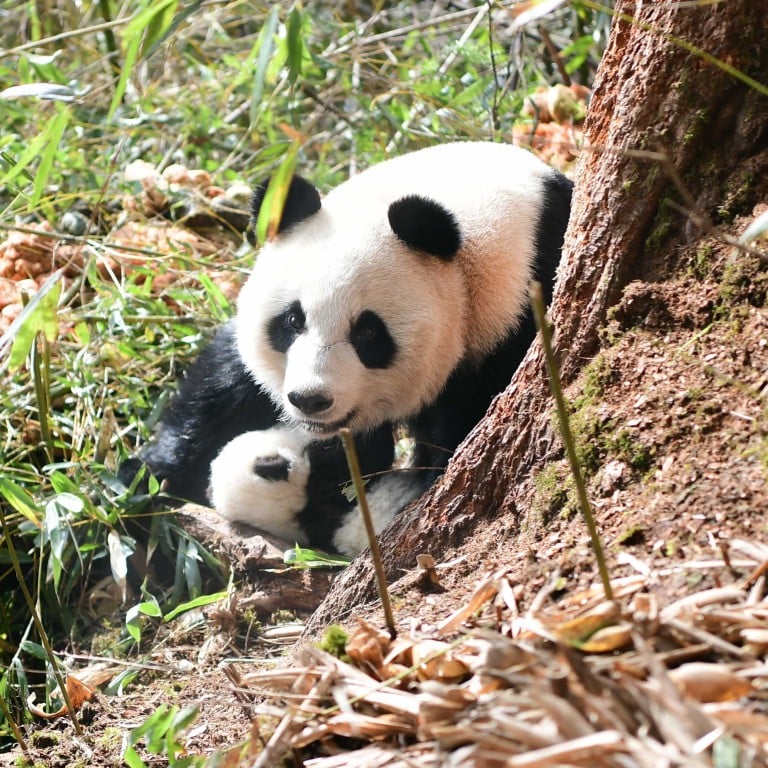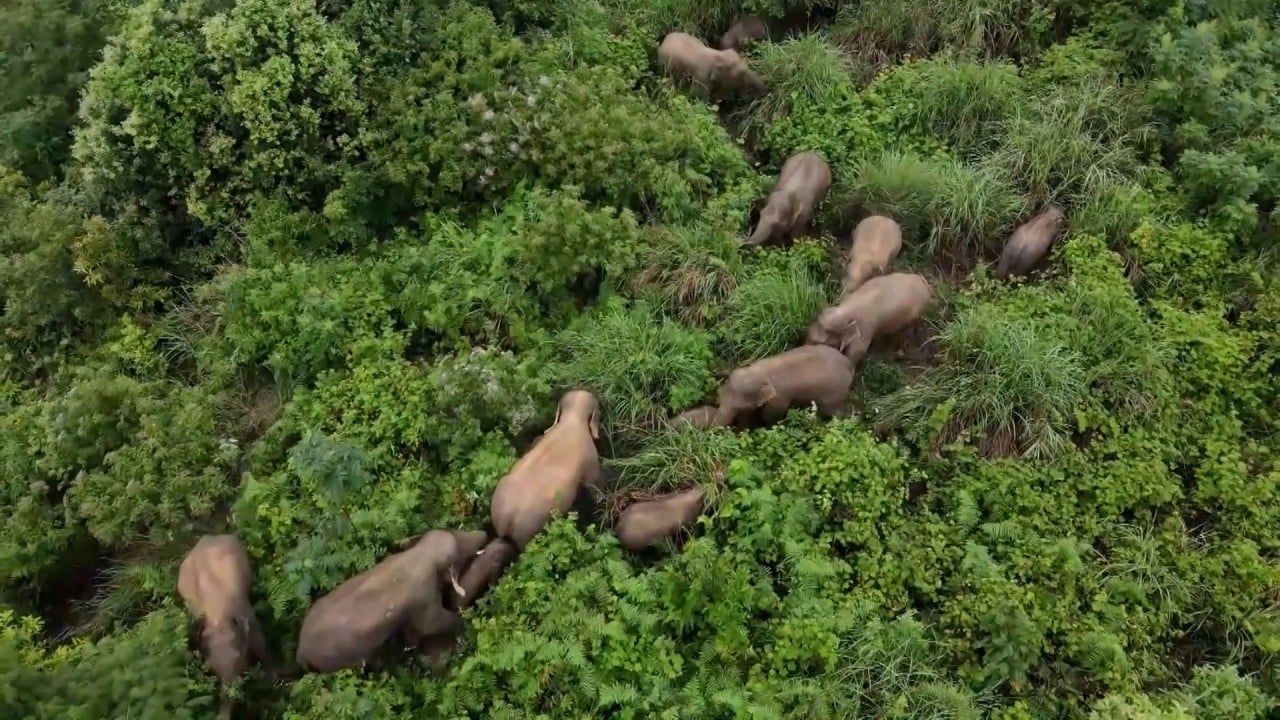
China vows to protect nature and work with other nations ahead of UN biodiversity summit
- Country will ‘uphold the idea of a shared future for humanity and nature’, Beijing says in white paper released days before COP15 conference
- It also pledges to collaborate with the international community on a new global biodiversity governance model ‘that is fairer and more reasonable’
“It will work together with the international community on a new model of global biodiversity governance that is fairer and more reasonable, with each member contributing its share.”
The policy paper came just days before the UN Biodiversity Conference, known as COP15, is due to be held in the Chinese city of Kunming from Monday. The conference aims to set goals for tackling the biodiversity crisis up to 2030 and longer-term plans for the middle of the century.
“The international community needs to strengthen cooperation and face the risks and challenges of biodiversity loss and ecosystem degradation together,” Zhao said.

01:57
Elephant ‘food court’ built in southwestern China to encourage wild herds not to stray
He said China had a “better overall performance than the global average” in meeting 20 biodiversity targets set in Aichi, Japan in 2010 under the UN Convention on Biological Diversity.
“Regrettably, the global achievement of the Aichi goals is not satisfactory,” Zhao said. “The global biodiversity loss trend has not been fundamentally reversed and the pressure on biodiversity is still growing.”
Last year, a UN report concluded that the international community had failed to meet any of the Aichi goals on stopping the destruction of nature and wildlife.
According to Beijing’s white paper, “China has overfulfilled three of the Aichi targets” – namely establishing terrestrial nature reserves, restoring and ensuring important ecosystem services, and increasing ecosystem resilience and carbon storage.
It said the country had “made progress” on 13 goals, including mainstreaming biodiversity, sustainable management of agriculture, forestry and fishery, and sustainable production and consumption.

03:05
China vows carbon neutrality by 2060 during one-day UN biodiversity summit
Also at Friday’s briefing, Li Chunliang, deputy director of the National Forestry and Grassland Administration, said the country attached importance to wildlife protection, pointing to an increase in the number of some animals on the endangered list.
The number of wild giant pandas, for example, had increased from 1,114 to 1,864 since the 1980s, while the wild Asian elephant population had gone from 180 in 1985 to around 300 now, he said.
Can China’s ‘red line’ eco strategy be a model for biodiversity?
Li also said the forestry and grassland administration would work to improve the monitoring and control of diseases that originate from wildlife to help prevent and control epidemics.
Many scientists believe the new coronavirus, which was first reported in central China nearly two years ago, most likely jumped from a wild animal to humans, either directly or via an intermediary host.
In addition, Li said the country would strengthen control over invasive alien species.
According to the white paper, these introduced species are subject to surveys, monitoring, control and extermination. “Stronger port quarantine measures have helped to prevent the entry of invasive alien species and reduce the risk of wildlife epidemics,” it said.

